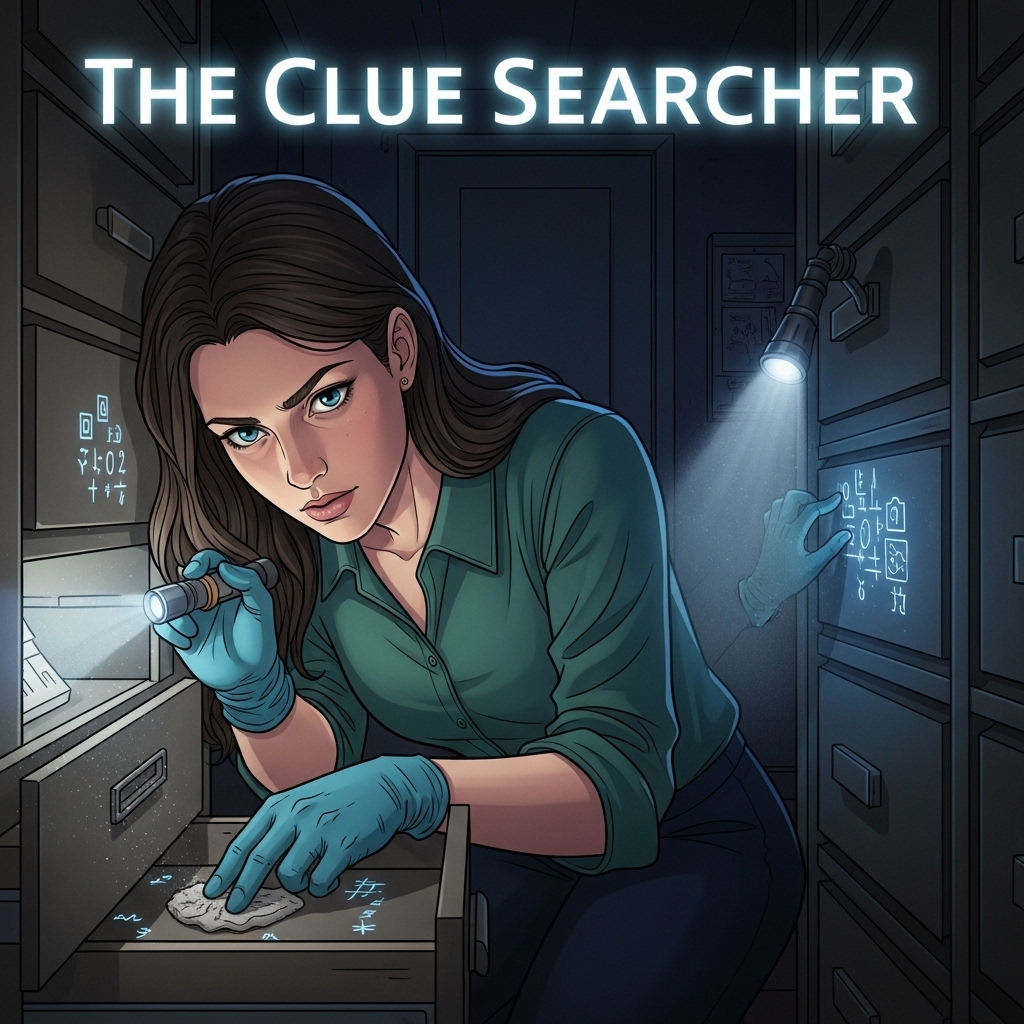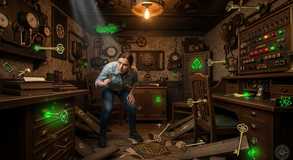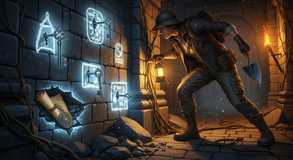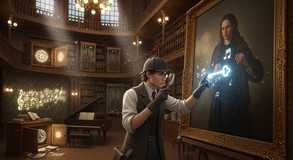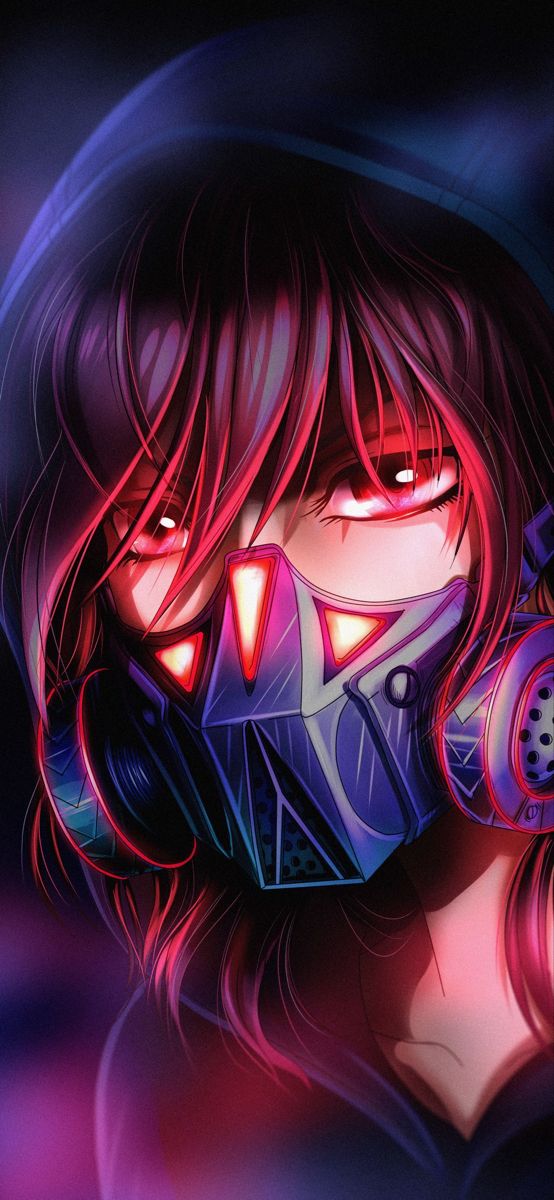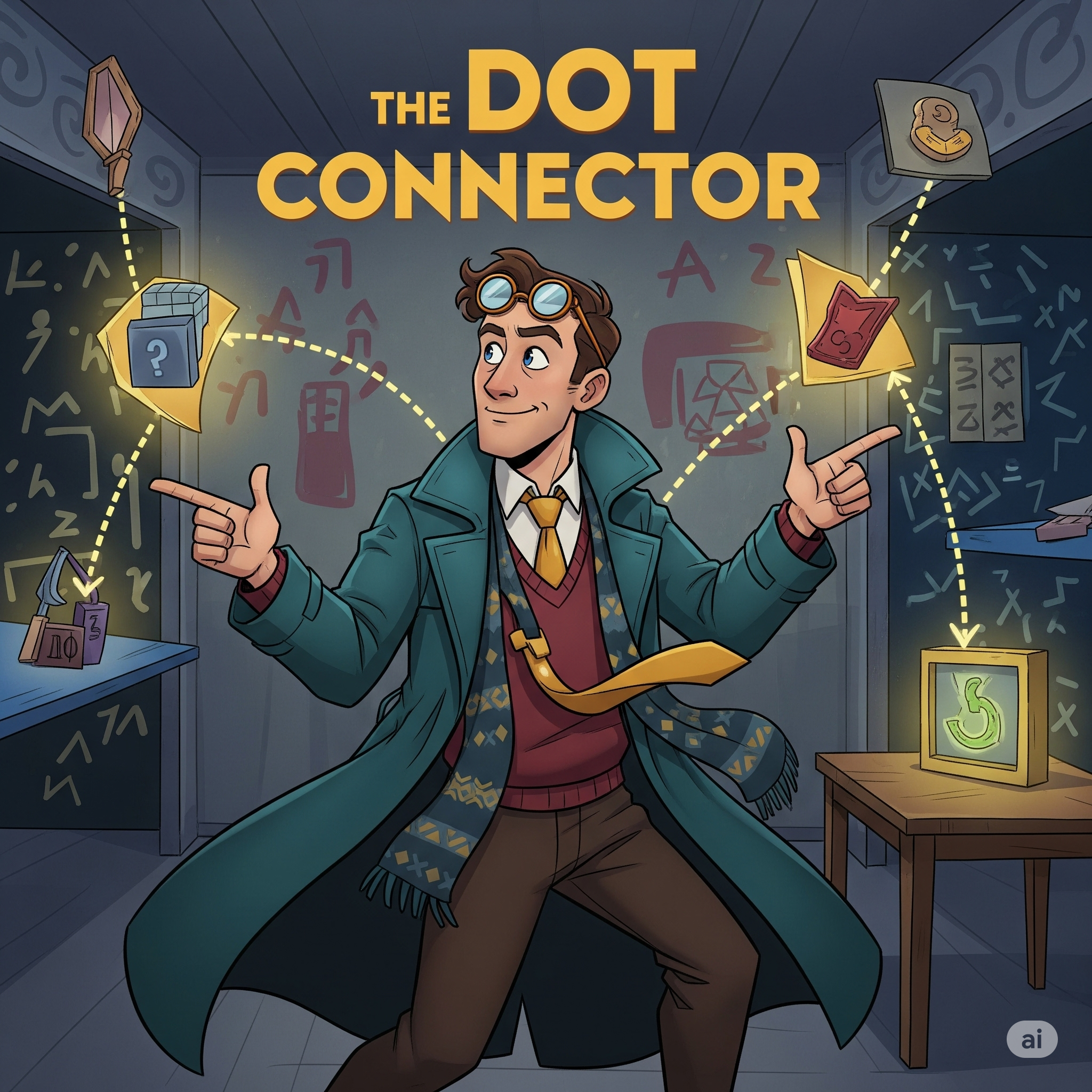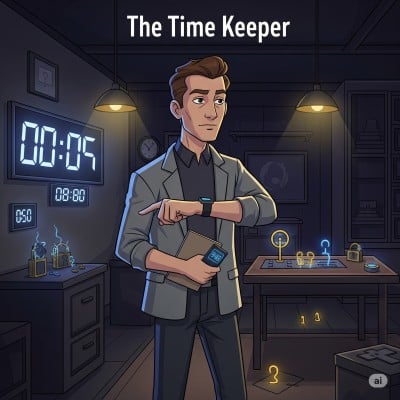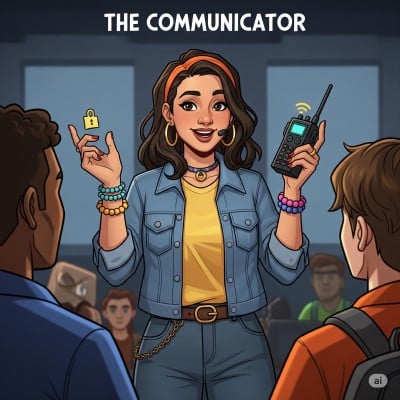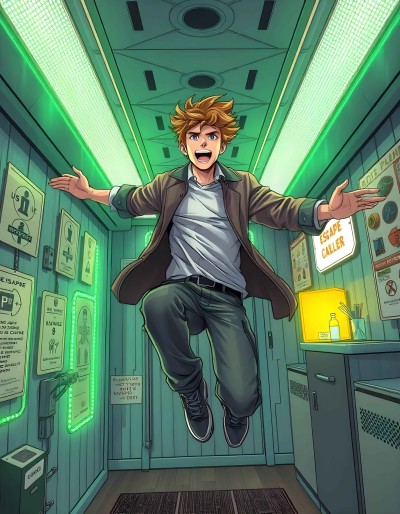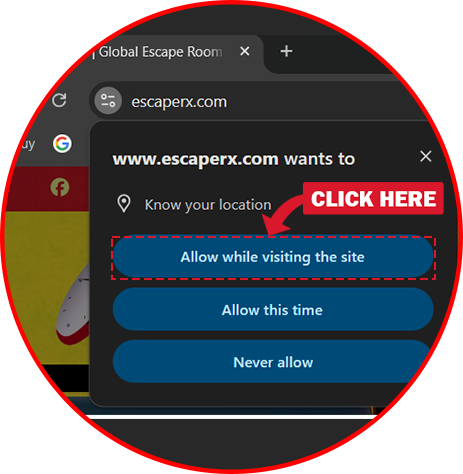Every escape room is built on a foundation of discovery. Hidden codes, secret compartments, concealed switches, and overlooked objects lie scattered within the environment, waiting to be found 🎚 ️. Without them, even the most brilliant puzzles remain unsolvable and the cleverest strategies useless. Among all the roles that contribute to a team’s success, the Clue Searcher holds one of the most vital. Their work may not always be flashy or dramatic, but it is the silent heartbeat of progress 📊. Without their eyes and instincts, escape rooms would grind to a halt before the adventure truly begins.
The Clue Searcher is the one who digs beneath the obvious 🔎. They are the player crouching to check beneath furniture, the one who notices a subtle crease in wallpaper, or who remembers to lift the seemingly unimportant prop that others overlook. Their contribution is not merely finding items but uncovering opportunities 🧱. Every hidden key, folded note, or misplaced object has the potential to unlock a chain reaction of progress. In this way, the Clue Searcher doesn’t just collect clues they unlock potential itself 🎭.
What makes the Clue Searcher unique is their mindset 🧠. While some players thrive on logic puzzles or narrative connections, Clue Searchers are powered by observation, patience, and persistence 🤯.. They notice details others gloss over and aren’t afraid to get their hands involved in exploring the space. They recognize that escape rooms are not just intellectual games but physical environments deliberately designed to hide secrets in plain sight. By engaging with the space fully, they bring the room to life in ways other roles cannot 🗝 ️.
The Clue Searcher also creates balance within the team dynamic. Not every player enjoys cracking codes or analyzing riddles, and not everyone has the patience to focus on details 🧐. The Clue Searcher role allows players with sharp observational skills and an explorer’s curiosity to shine. It gives quieter, detail-oriented teammates a chance to contribute in ways that are every bit as critical as solving the central puzzles 🧩. In fact, many teams find that their greatest breakthroughs come not from solving the hardest riddles, but from the sharp-eyed player who noticed the hidden clue that unlocked it all.

